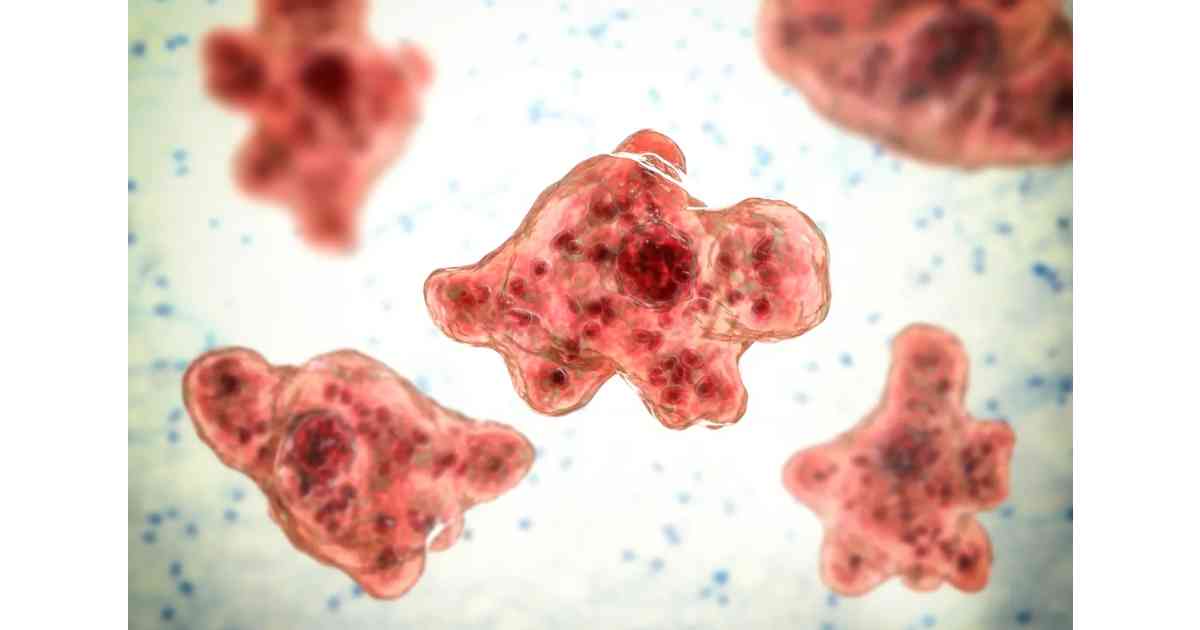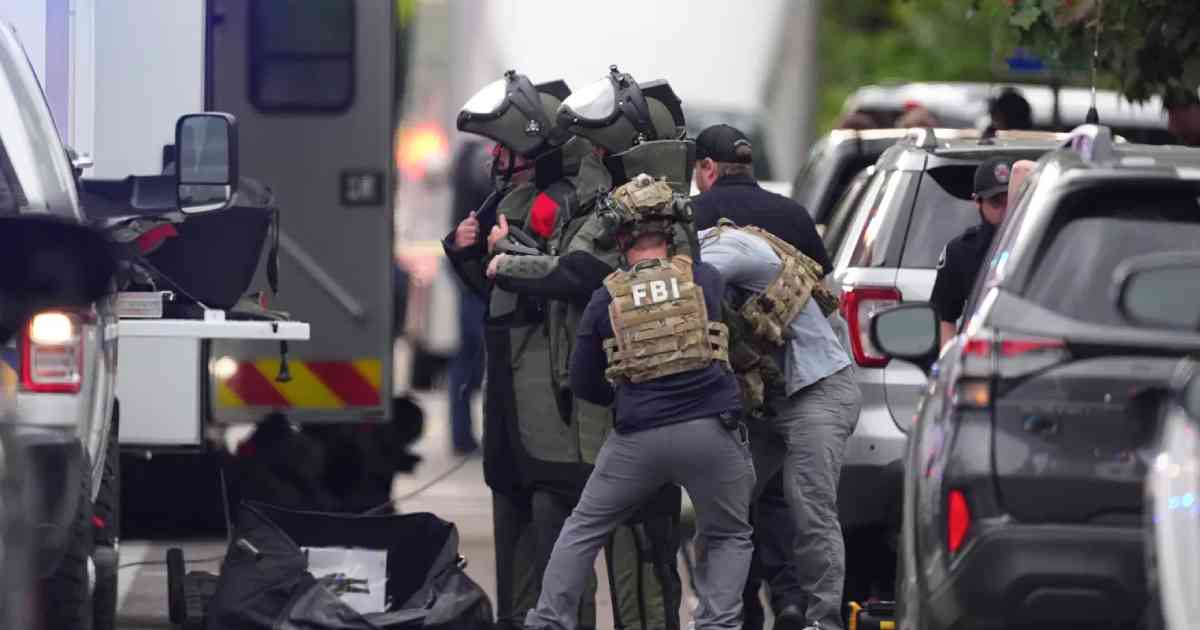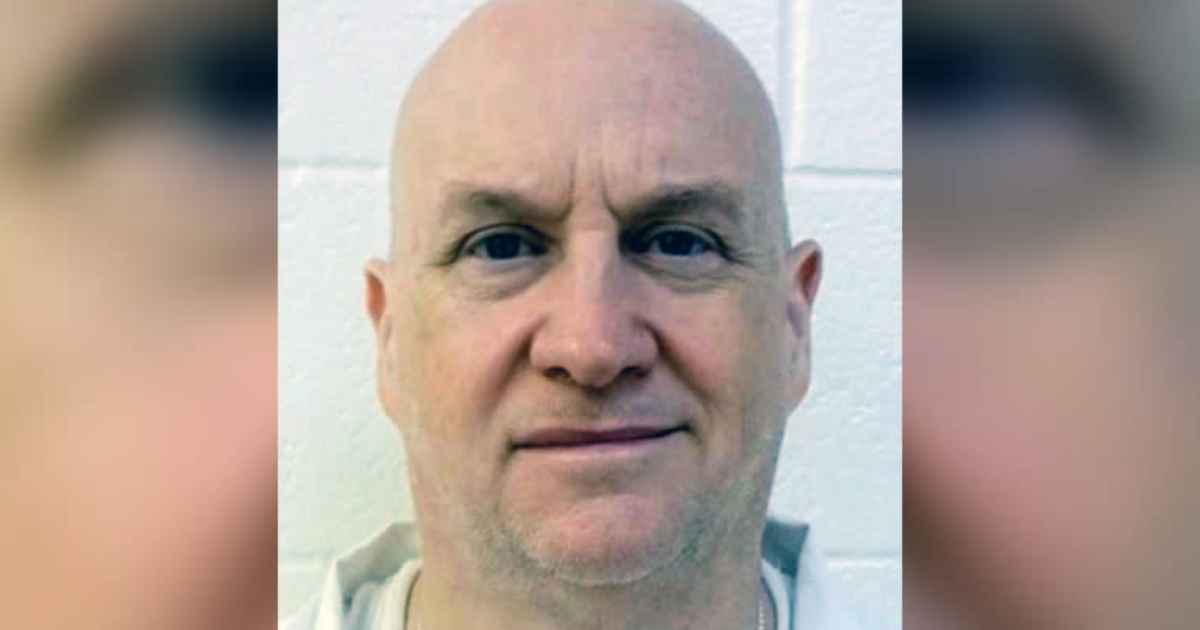Bryan Kohberger, accused of killing four people, in court in Moscow, Idaho, in May 2023.
PhotographBryan Kohberger, the man accused of killing four University of Idaho students in 2022, is set to face trial in August, despite mounting legal complications and renewed concerns over pretrial publicity that could affect the proceedings.
Kohberger, a former criminology PhD student, has been charged with the brutal stabbing deaths of Madison Mogen, Kaylee Goncalves, Xana Kernodle, and Ethan Chapin, who were killed in an off-campus home in the early hours of November 13, 2022. Prosecutors have indicated they will seek the death penalty if he is convicted.
Media Leaks and Pretrial Publicity Raise Concerns
In recent weeks, Kohberger’s defense team requested a delay in the trial, citing the release of sensitive case details in media coverage, particularly a recent NBC Dateline special. They argue the report may have included unauthorized leaks from the prosecution, violating a strict non-dissemination order issued by the court.
According to the defense, the leaked information included data showing Kohberger’s cellphone connected to a tower near the victims’ home 23 times in the four months before the murders. It also mentioned his online searches related to serial killers and explicit content. The defense claims these disclosures were prejudicial and require additional time to prepare an impartial defense.
Further complicating matters is the upcoming publication of “The Idaho Four”, a true-crime book by James Patterson and Vicky Ward, which the defense says may also contain unauthorized disclosures.
Judge Steven Hippler has expressed openness to appointing a special prosecutor to investigate the source of the leaks.
Legal Setbacks for the Defense
Despite the defense’s arguments, Judge Hippler has recently ruled against multiple defense motions to exclude critical evidence from the trial:
- Amazon purchase history: Prosecutors say Kohberger bought a Ka-Bar knife and sheath—matching the type used in the murders—eight months before the killings. The sheath was reportedly found next to one of the victims, with DNA on the clasp linking it to Kohberger.
- Master’s essay: A 12-page paper Kohberger wrote while studying criminology, which describes handling crime scenes involving female stabbing victims, will be admissible in court.
- Vehicle evidence: Footage allegedly shows a white Hyundai Elantra—similar to one Kohberger drove—near the crime scene before and after the murders.
- Mental health defense: The court has rejected attempts to dismiss the death penalty on the grounds of Kohberger’s past autism diagnosis, ruling it may only be introduced as a mitigating factor during sentencing, or if Kohberger testifies.
However, the court has granted a defense request to keep sealed a filing that outlines alleged alternate perpetrators. It is not yet clear if that theory will be presented to the jury.
No Clear Motive — Yet
A key issue for both sides is the lack of an established motive. Prosecutors have so far not outlined why Kohberger—who has pleaded not guilty—would have targeted the victims. Experts say that absence may be crucial at trial.
“Jurors want to hear a motive before they send someone to the execution chamber,” said Louis Schlesinger, a forensic psychology professor at John Jay College of Criminal Justice. “They want to understand why.”
While prosecutors argue the killings were targeted, the defense maintains Kohberger had no connection to the victims. Reports that he followed two of the women on social media remain unconfirmed. A surviving roommate also told police she saw a man with “bushy eyebrows” leaving the home around the time of the murders.
Some behavioral experts have speculated that the killings may have stemmed from repressed anger, jealousy, or humiliation—potentially rooted in rejection during Kohberger’s adolescence. However, such claims remain speculative and have not been introduced as official evidenceBryan Kohberger Set for August Trial in Idaho Student Murders Amid Leak Concerns and Legal SetbacksWhat’s Next
Despite calls for delay, Kohberger’s trial remains scheduled for August 2025. With potential death penalty implications and a case that has drawn national attention, legal analysts say the courtroom battle over evidence and narrative will be closely watched.
As Judge Hippler weighs how to balance public interest, media exposure, and a fair trial, the path forward remains legally complex—and emotionally charged for the victims’ families and the community.




